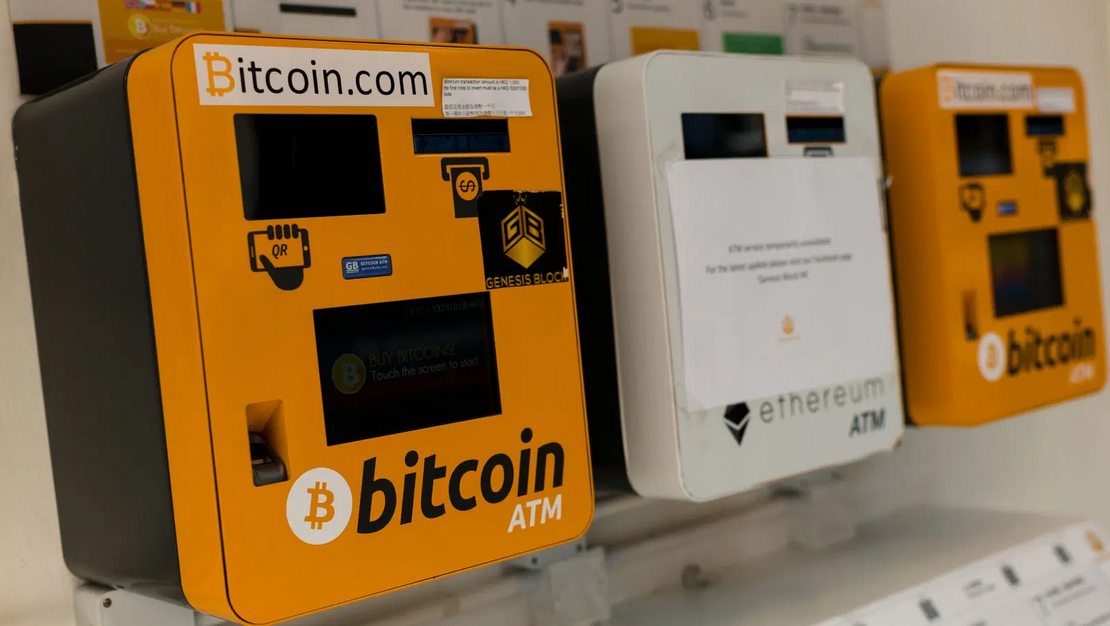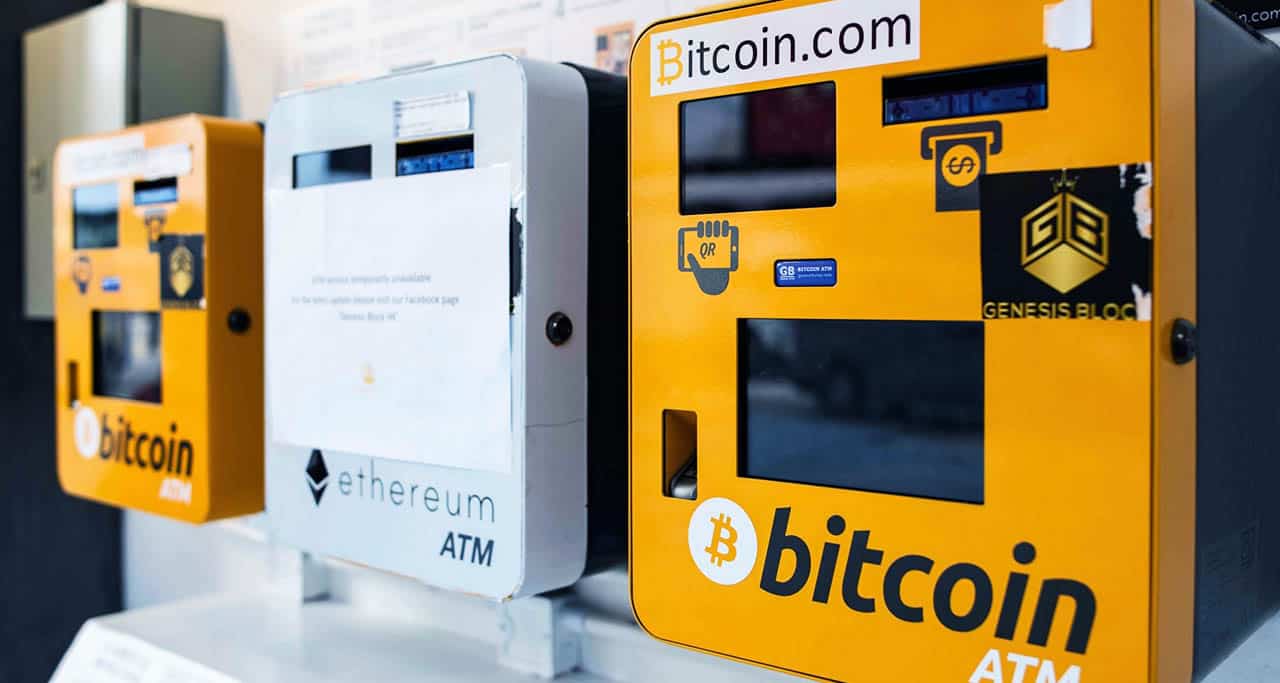What is Cryptocurrency ATM? How Does it Work?
Want to brush up on your knowledge about cryptocurrency ATM? Don’t know how to use it? You are at the right place. In this blog, we’ll try to clear all your doubts about crypto ATM. Let’s find out what exactly is a crypto ATM?

What’s a Crypto ATM?
A cryptocurrency ATM (Automated Teller Machine) is a type of kiosk machine that allows you to buy bitcoin using a debit card or cash. Such crypto ATMs come in bi-directional functionality, meaning they have functions for buying and selling Bitcoin for cash.
How Does a Bitcoin ATM Work?
There’re two types of crypto ATM machines: ATMs and cash kiosks. Both are connected to the internet to facilitate debit or cash payments. They look like traditional ATMs, but they aren’t connected to any bank; instead, they connect the users directly to a crypto exchange.
How to Spot a Crypto ATM?
Finding a crypto ATM in your surrounding is an easy task. There’re several websites available at your disposal, which you can use to detect bitcoin ATM in your area. A simple Google search is enough to get to such websites dedicated to the crypto ATMs map.
How to Use a Crypto ATM?
Using a crypto ATM is similar to using a traditional ATM. Since crypto ATMs come in different models and types, the buying/selling procedure may vary from machine to machine. The following are the steps to buying Bitcoin using a crypto ATM:
- Hit ‘’Buy Bitcoin’’
- Selection cryptocurrency (e.g. Bitcoin)
- Scan QR of the crypto wallet
- Insert cash bills
- Click ‘’Finish’’
- Get the printed receipt, and you’re done.
What’s your take on this? Have something to add to this story? Please feel free to offer your valuable feedback in the comments below. We greatly appreciate your feedback.

As a writer, Ruben is an advocate of blockchain technology and cryptocurrency in general. He writes about all things from cryptography to economics, with a focus on how it applies to cryptocurrencies. He is also passionate about writing about topics such as decentralization, open-sourced software development, and copyright law.
